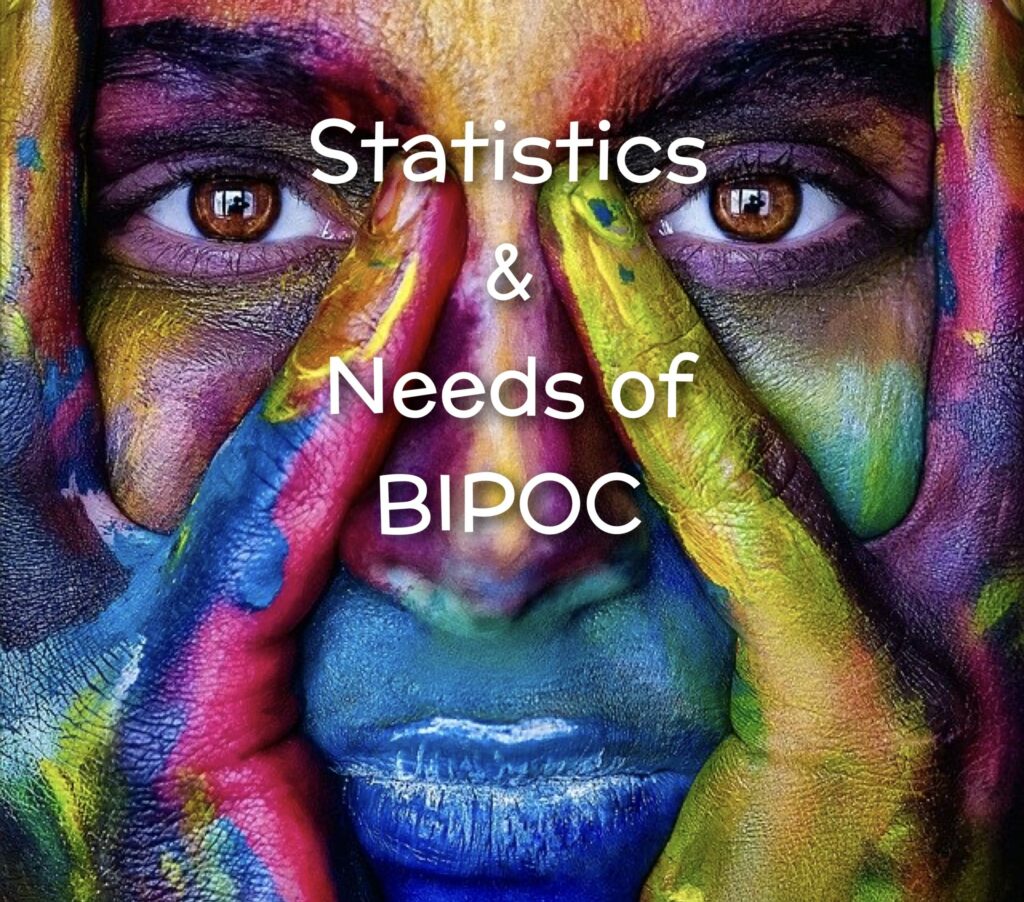
Cultural Humility in Mental Health
Mental health is a fundamental aspect of everyone’s life, as it significantly impacts our overall well-being. However, mental health is not solely an individualistic matter but is also intricately linked to cultural experiences and backgrounds. Therefore, the practice of cultural humility in mental health is of utmost importance.
Cultural humility refers to the ability to recognize and respect the diverse cultural backgrounds of individuals seeking mental health services. It involves acknowledging the unique experiences and perspectives of each person and avoiding assumptions based on cultural stereotypes. By practicing cultural humility, mental health professionals can create a safe and inclusive environment that fosters trust and promotes healing.
In today’s increasingly diverse society, cultural humility is more critical than ever. Mental health professionals must be equipped with the knowledge and skills necessary to provide culturally sensitive care to individuals from all walks of life. By doing so, they can help break down barriers to mental health care and improve outcomes for all.
One way mental health professionals can develop cultural humility is by actively seeking out opportunities to learn about different cultures and communities. This can include attending cultural events, reading literature written by diverse authors, and participating in diversity and inclusion training. It is also important for mental health professionals to recognize and address their own biases and assumptions, as these can impact the care they provide. By prioritizing cultural humility, mental health professionals can create a more inclusive and welcoming environment for all individuals seeking mental health care.
Additionally, mental health professionals can develop cultural humility by engaging in open and honest communication with their clients. This means actively listening to their clients’ experiences and perspectives, and acknowledging the unique challenges they may face based on their cultural background. Mental health professionals can also work to incorporate culturally sensitive practices into their treatment plans, such as using language and terminology that is respectful and inclusive of diverse identities. By taking these steps, mental health professionals can build trust and rapport with their clients, and ultimately provide more effective and compassionate care.
Furthermore, mental health professionals can also benefit from seeking out education and training on cultural competence. This can include attending workshops or conferences, reading literature on diverse cultures, and seeking guidance from colleagues who have experience working with diverse populations. By continuously learning and expanding their knowledge, mental health professionals can better understand and address the unique needs of their clients. Ultimately, this can lead to more positive outcomes and improved mental health for individuals from all cultural backgrounds.
In addition to seeking education and training on cultural competence, mental health professionals can also benefit from actively listening to their clients and acknowledging their cultural backgrounds. This can involve asking open-ended questions about their cultural beliefs and practices, and being respectful and non-judgmental in their responses. By creating a safe and inclusive environment for their clients, mental health professionals can build trust and rapport, which can ultimately lead to more effective treatment outcomes. It is important for mental health professionals to recognize that cultural competence is an ongoing process, and that they must continuously strive to improve their skills and knowledge in order to provide the best possible care for their clients.


Responses